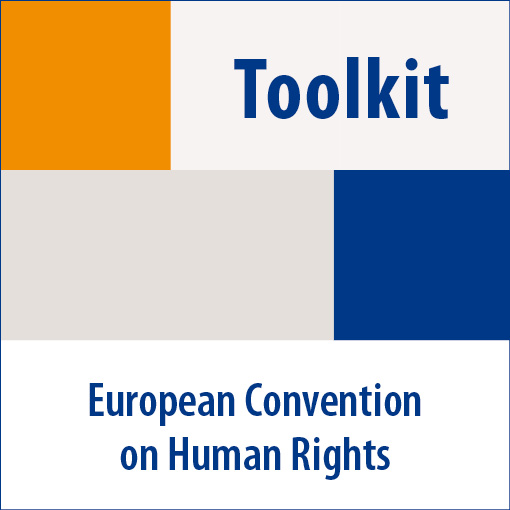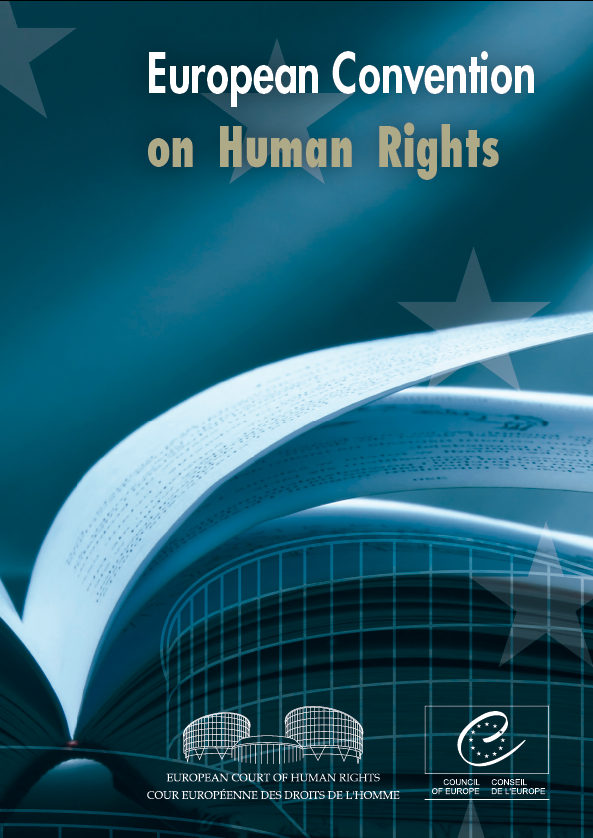Procedural safeguards relating to expulsion of aliens (Article 1)
This guarantees that an individual non-national lawfully resident in the territory of a State shall not be expelled except by a lawful decision and subject to a right:
- to submit reasons against his or her expulsion;
- to have his or her case reviewed;
- to be represented for this purpose before the competent authority.
"Expulsion" means the same as in Protocol No. 4 Article 3, i.e. it does not cover extradition. It does not prohibit expulsion of individuals, but only gives certain procedural safeguards. Aliens facing deportation may also have rights under the Convention, for example, Articles 2, 3, 5, 6 and 8 and Protocol No. 4 Article 4.
However, in exceptional cases where the expulsion is necessary in the interests of public order or is grounded on reasons of national security, an individual may be expelled before the exercise of his procedural rights guaranteed by Article 1 of this Protocol.
Right of appeal in criminal matters (Article 2)
This guarantees that everyone convicted of a criminal offence by a tribunal shall have the right to have his or her conviction or sentence reviewed by a higher tribunal.
States have a lot of discretion on how this provision is implemented so long as they do not destroy the essence of the right. Thus, they do not have to allow an appeal on the merits of the judgment, may restrict the right to points of law only and may require that leave to appeal be sought first.
Compensation for wrongful conviction (Article 3)
This only gives a right of compensation where a conviction has been overturned or a pardon granted because new or newly discovered facts show conclusively that there has been a miscarriage of justice.
Right not to be tried or punished twice (Article 4)
This prohibits trying or punishing someone again for an offence of which he or she has already been acquitted or convicted. There are exceptions under paragraph 2 if new or newly discovered facts arise or there was a fundamental defect in the earlier proceedings. Complicated situations can arise where one set of facts gives rise to more than one offence or more than one procedure, for example, where someone was convicted of drink-driving and in later proceedings had his licence taken away; the latter procedure was viewed as part of the sanction for the offence (Nilsson v. Sweden). Only if two separate offences rest on identical facts or facts that are substantially the same will there be a breach.
Equality between spouses (Article 5)
This gives spouses equal rights under private law between them and in their relations with their children during a marriage and in the event of its dissolution. It does not prevent the State from taking measures to protect children (which may raise issues under Article 8).




